At a gateway school on China-Myanmar frontier, shared textbooks rewrite futures

As the Children's Day approaches, students at Jiegao Primary School in Ruili — a border city in Southwest China's Yunnan province adjoining Myanmar — rehearse a poem celebrating a kinship: "From equations' soil, twin fruits take root. Two nations' tomorrows, solved in one shared proof."
Nestled within the Ruili Border Economic Cooperation Zone just 100 meters from Myanmar's northern Muse city, this "gateway school" mirrors the neighbors' intertwined destinies.
Classroom walls display bilingual mottos — "Study hard, improve daily" in Chinese and Burmese — where white-bloused girls from Myanmar mingle seamlessly with their Chinese peers. Of its 463 students, 183 are Myanmar nationals — a figure rising steadily since enrolling two pupils from Myanmar in 2005.
"We assign classes without regard to nationality. All enjoy free textbooks and waived fees," said school principal Yang Enfeng. Many Myanmar students live with parents working in Ruili's jade trade or stay with relatives.
Twelve-year-old Mu Sina, whose family from Muse runs a jade business in Ruili, was paired with her Chinese classmate Shu Manlin under the school's buddy program.
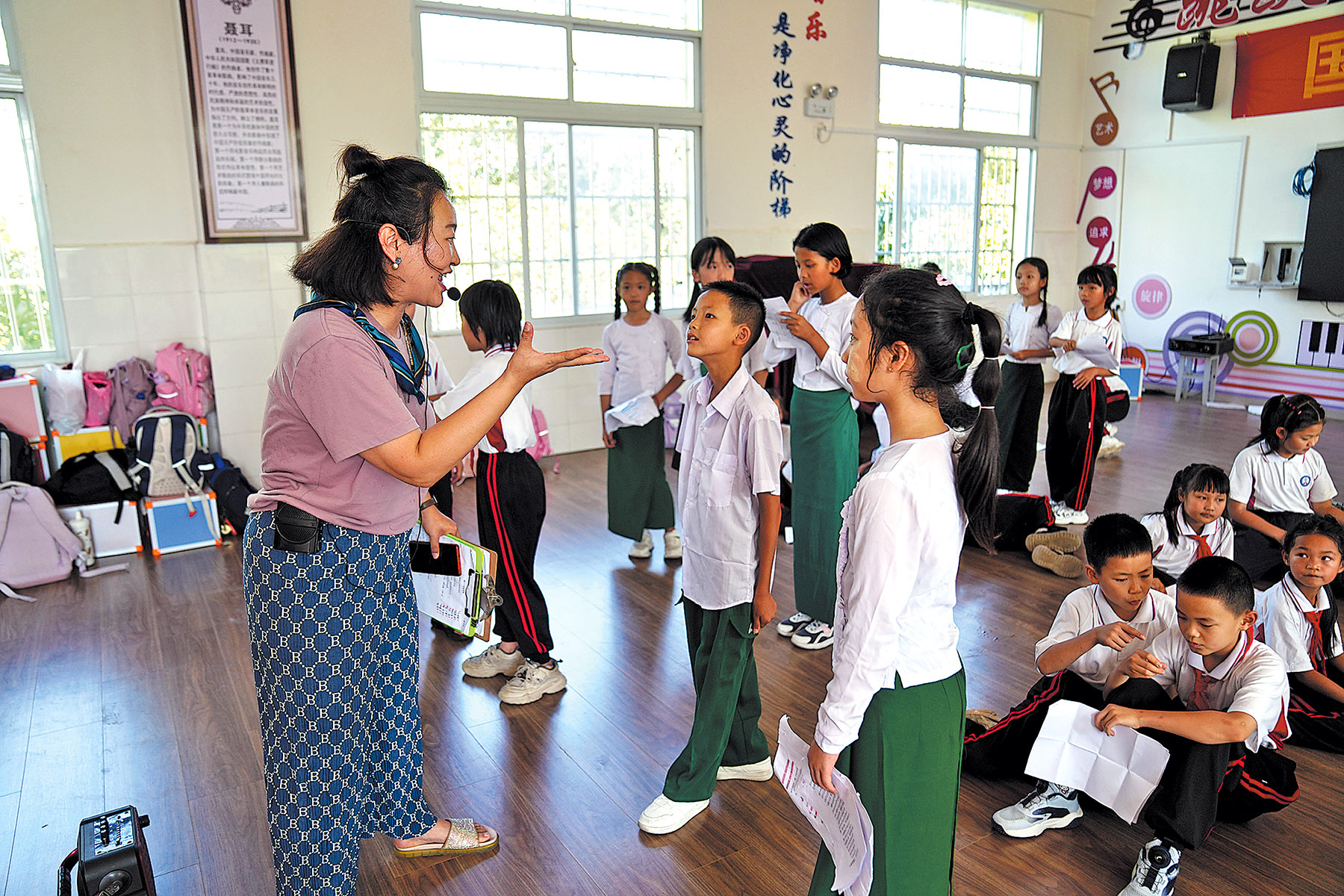
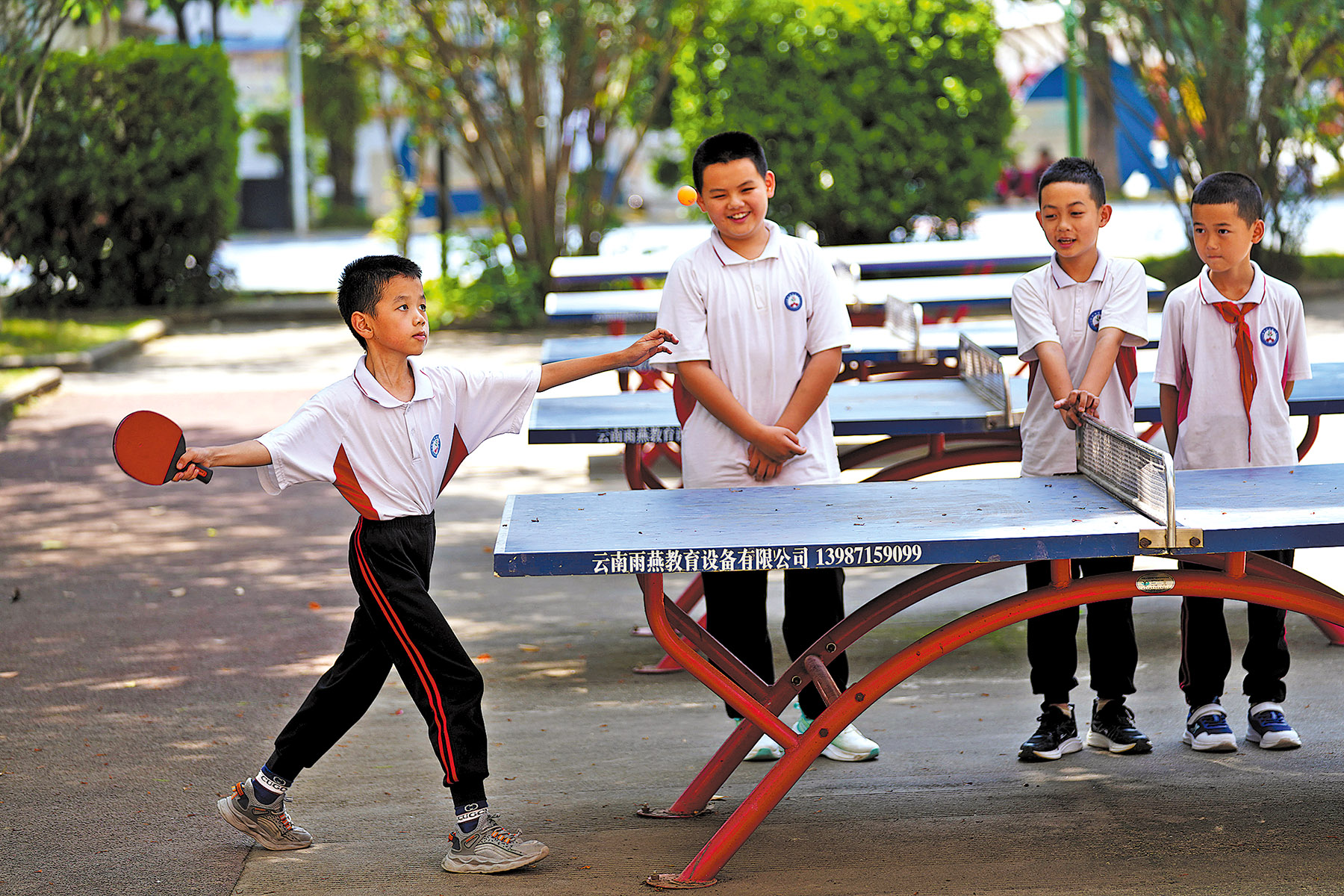
Teachers pair every Myanmar pupil with Chinese peers, where local children assist newcomers in academics, extracurricular activities, and cultural adaptation.
"Shu helps me with English — she aces every test," said Mu. In return, she teaches Shu Burmese. Shu's parents are cross-border logistics traders who hope she will master the language.
Their bond, nurtured over homework, comics, and classroom projects, reflects what locals call paukphaw — a Burmese term for sibling-like kinship. "We're inseparable," Mu said.
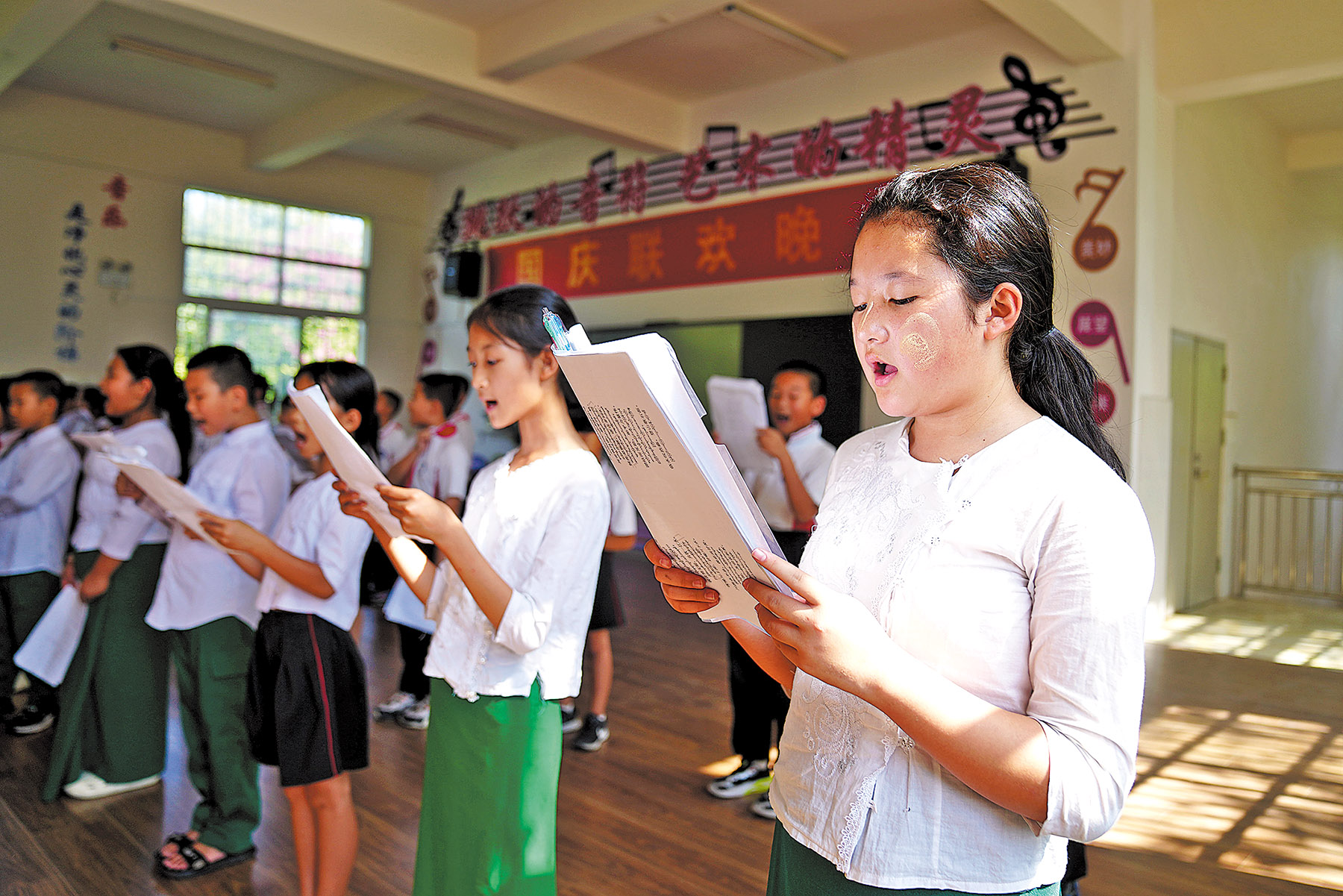
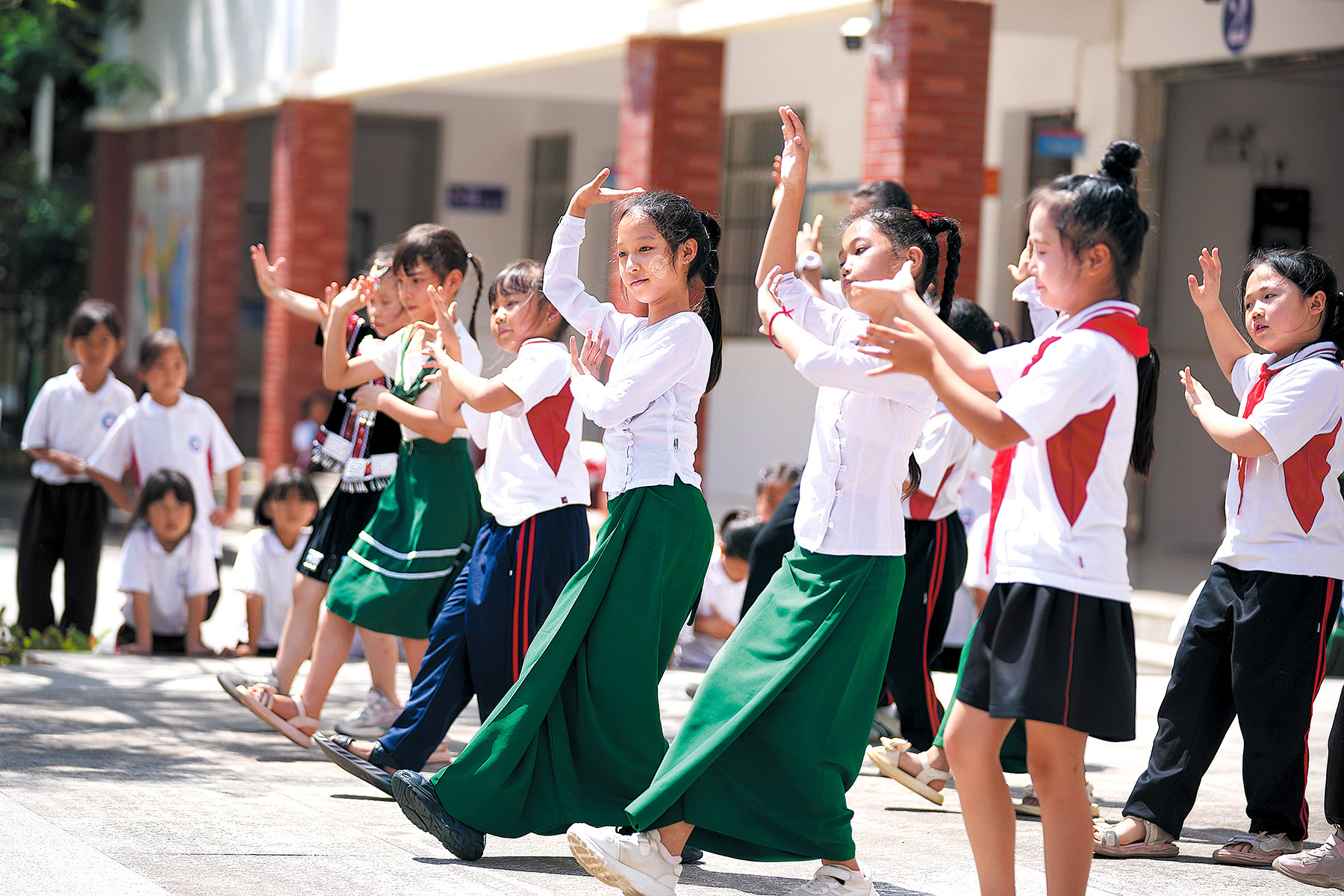
The sister-city partnership of Ruili and Muse since 2012 has seen their bond strengthened through bustling trade and a pioneering "domestic territory, customs-exempt" policy granting tariff exemptions.
The Ruili Border Economic Cooperation Zone is a Chinese State Council-approved industrial park based in Ruili, founded in 1992, and was established to promote trade between China and Myanmar.
Muse serves as Myanmar's national-level port city and its largest inland hub for trade with China. It stands as the country's primary distribution center for agricultural products, marine goods, minerals, and jewelry.
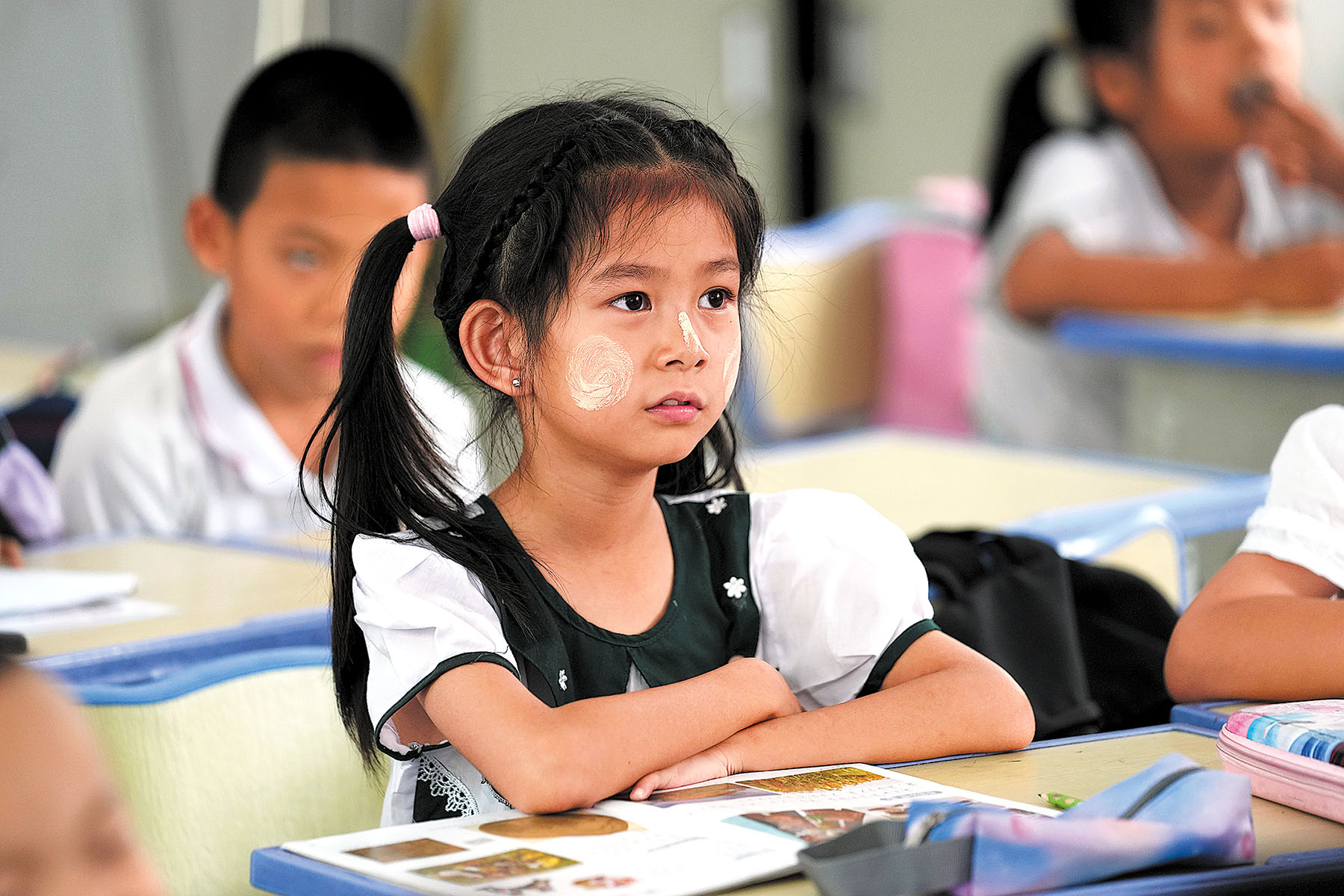
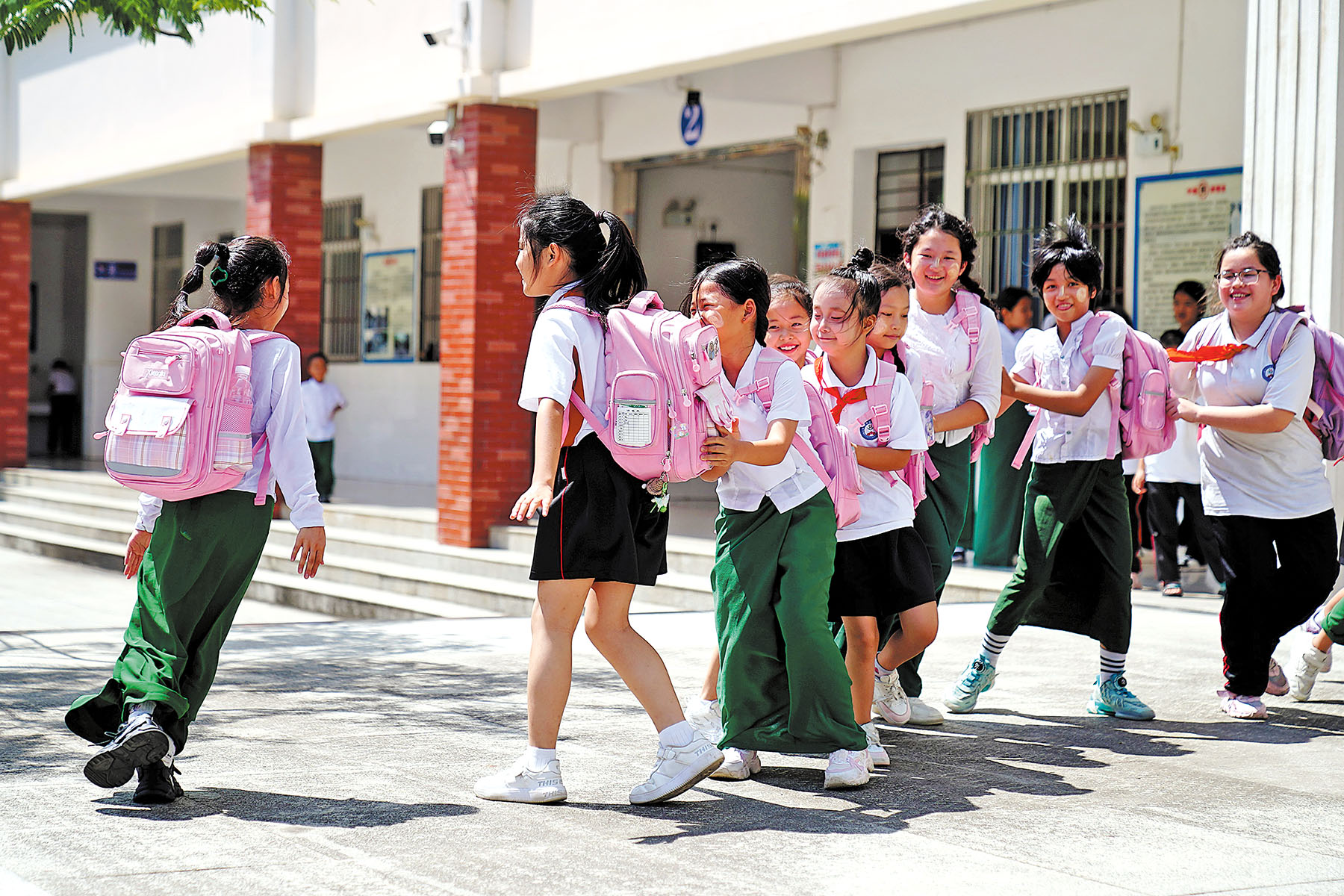
Intertwined lives
The two cities share interconnected ethnic languages, integrated cultures, and similar customs, with intermarriage and cross-border trade being common. Frequent exchanges between residents have seamlessly intertwined their daily lives.
Each morning, as the cities awaken, a vibrant sight unfolds along the border: young Muse students cross the gate to Ruili for education. These young learners embody not only a unique cultural landscape but also the enduring hope for the pauk-phaw friendship to thrive across generations.
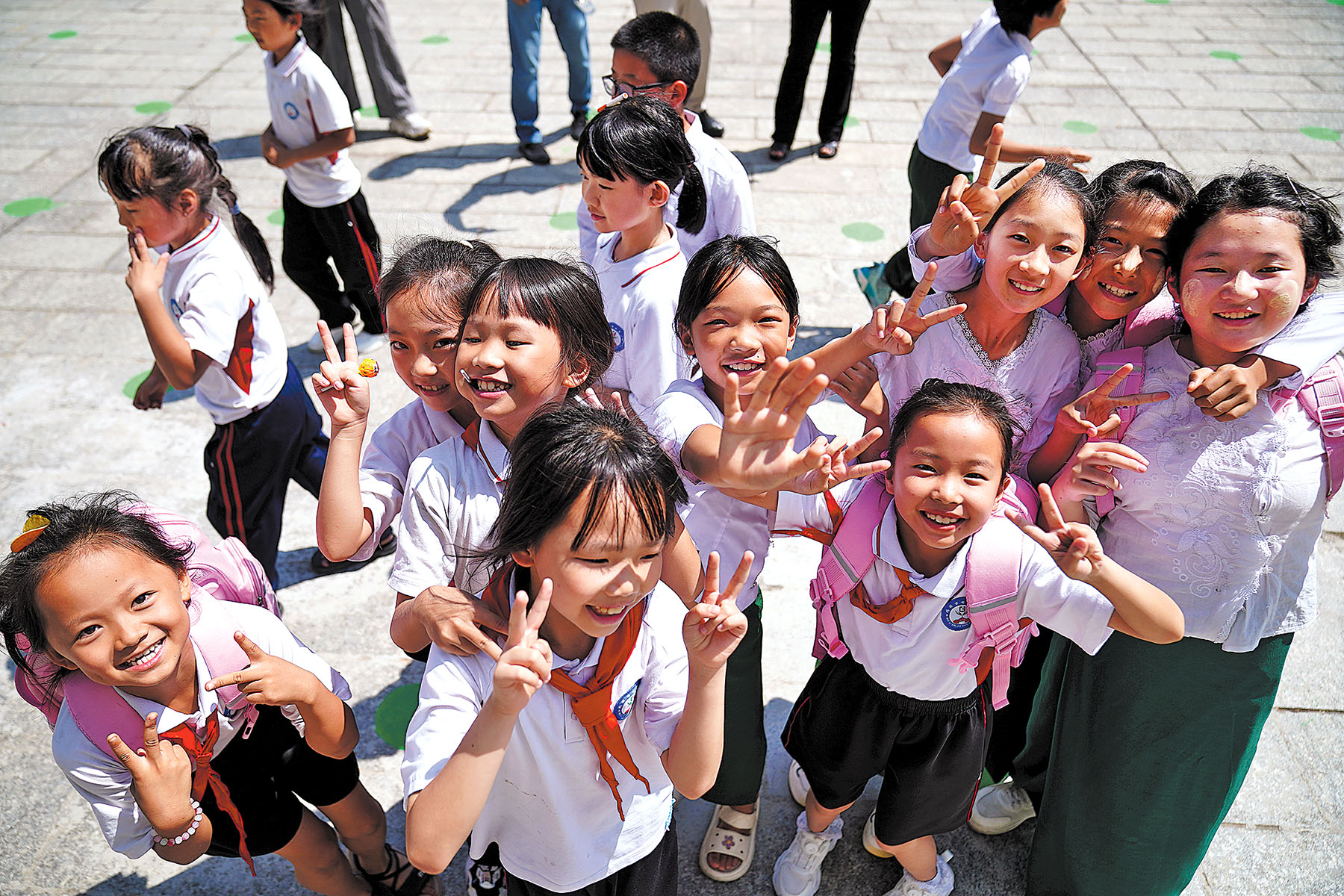
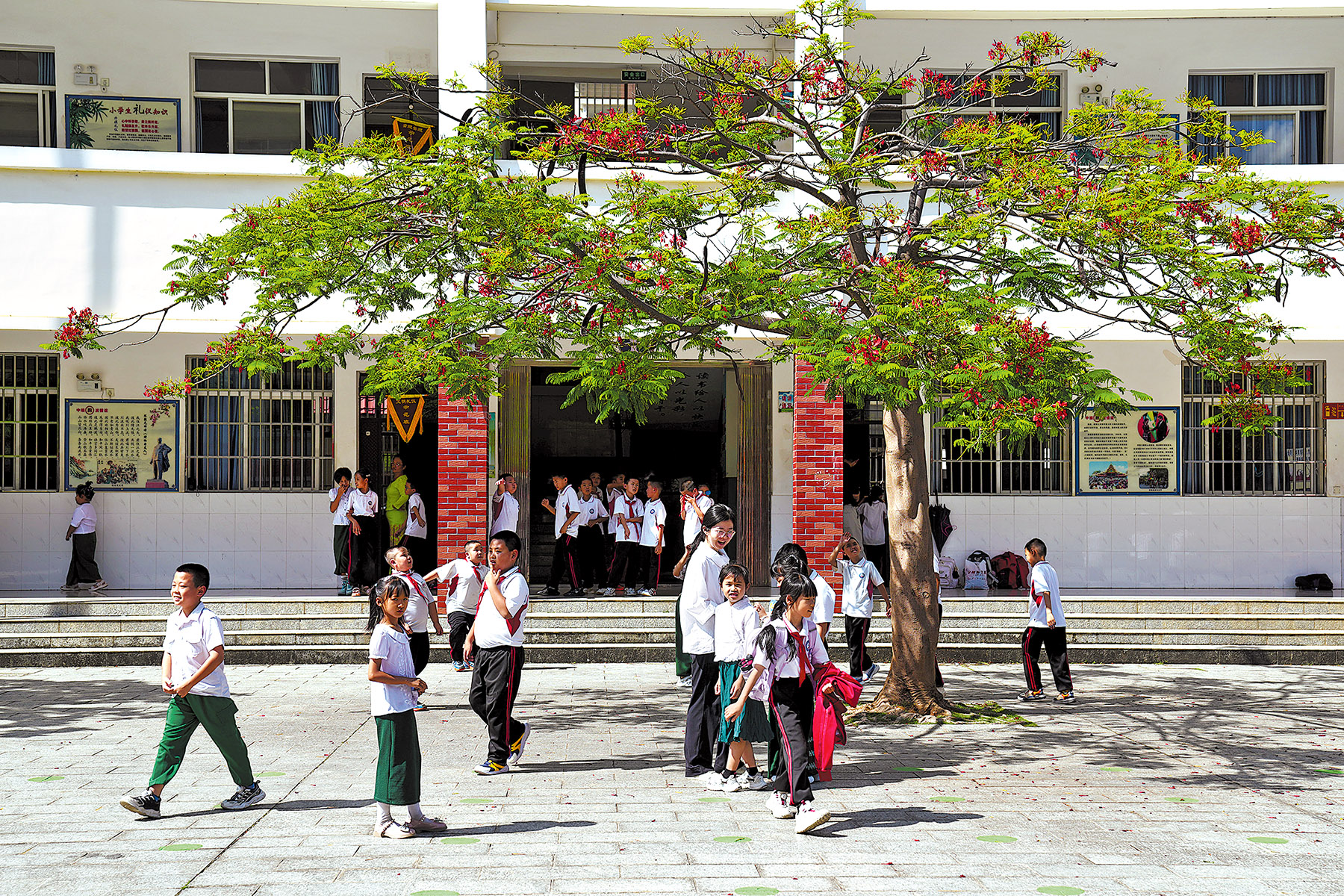
Ten Jiegao Primary School alumni from Myanmar now study at top Chinese universities, including Tsinghua University, Zhejiang University, and Xiamen University, contributing to bilateral trade, technology, and cultural ties.
Mu said her dream is to return to Myanmar as a Chinese teacher. "I'll be a bridge between our cultures," she said.
ALSO READ: Never giving up hope
As their poem declares: "We share one river's water, entwined through ages by commerce and verse … We are the sprouts of bilingual poetry, witnesses to pauk-phaw."
Miao Chao and agencies contributed to this story.


